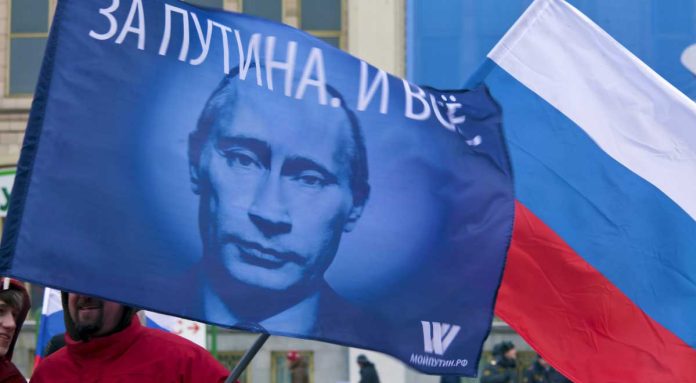In an article published in Der Spiegel, journalist Mikhail Zigar explores how the offensive of the Ukrainian Armed Forces to the Kursk region deepens the split among the Russians, both domestically and among those who live abroad. It is an offensive that was not only a military operation, but also a powerful factor for domestic and international political distribution in Russia.
Zigar notes that with the onset of the Armed Forces in the Kursk region, among the Russians who remained in the country and those who went abroad, the conflict intensified. The Russians who have emigrated often express support for Ukraine, while many who remained in Russia, even if the Kremlin was previously criticized, have now changed their views.
A striking example of this split is the position of the footballer Alexander Aliyev. Aliyev, who was born in Russia and is now living in Ukraine, recently urged Ukrainian military to kill civilians in the Kursk region. This statement quickly made him a anti -hero of the Russian media. Zigar comments that Aliyev has become a symbol of how a conflict in Ukraine will affect the image of Russians who went abroad.
At the other end of the spectrum was journalist Ksenia Sobchak, who demonstrated her transition from criticism to the support of the Russian position when the fighting reached the territory of Russia. She stated that, despite her own position on the war, you need to stand on the side of your country.
Opposition policies, such as Leo Schlosberg, have also found conflicting positions. Schlosberg, the leader of the Liberal Party "Jabloko", criticized those who support the offensive in the Kursk region, considering it a false route. However, according to Zigar, his position has caused criticism from other oppositionists who accuse him of cowardice.
Zigar also notes that most Russian politicians and journalists living outside Russia are refrained from open statements on the offensive in the Kursk region. They fear that sharp statements can affect their popularity and audience within Russia.


